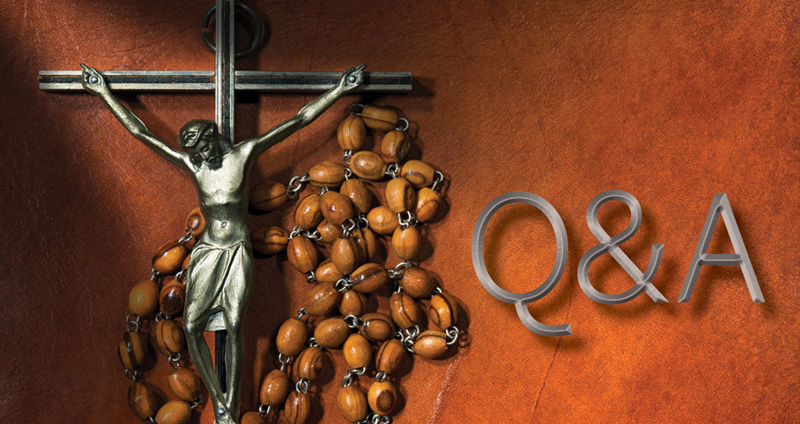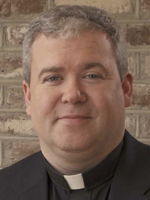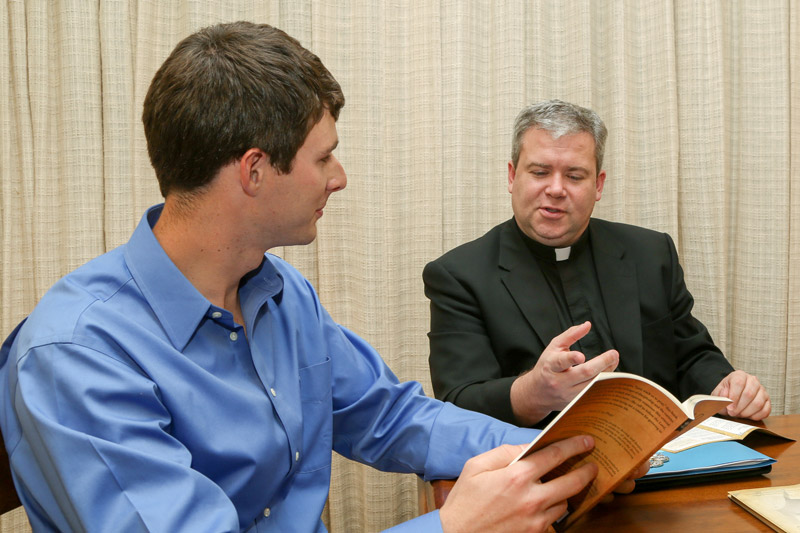
Q: Why is it that we can’t scatter the ashes of our loved ones but we can cut up and distribute body parts of saints? (Aiken, SC)
A: It’s true, at first glance, the two practices could seem complementary/similar. So your question arises, why is one permitted while the other is prohibited.
First, it’s worth clarifying that there is a difference between the two practices. The treatment of the body, as well as the purpose and results of the two are contradictory in nature. Let me explain:
Relics, i.e., the body parts of saints, are not scattered but are devotionally reserved for veneration. This ancient custom is continued in the life of the Church to this day as a sign to believers of the goodness of the human body and its proper place in our pursuit of holiness. Relics are seen as sacramentals, reminders to us of God’s presence and the power of grace to transform and glorify us in Christ.
Scattered ashes, however, are dispersed and intended to return to the elements. There is no apparent honoring of the body. It appears to be dismissed as insignificant. Unlike a relic, with scattered ashes, all physical reminders of the person are lost. It seems to be more a meaningful gesture for the grieving rather than a true reverence of the deceased person’s body.
And so, while the two practices might seem similar, they are opposite in nature and purpose. As Christians, we honor the body of the dead. As explained above, the scattering of ashes is not within our understanding of the proper reverence due to the human body.
Q: Is it possible for non-Catholics to go to Confession? (Mount Pleasant, SC)
A: God’s font of mercy is endless and so all believers are called to the Sacrament of Reconciliation, which is the ordinary means of receiving this mercy.
In approaching the sacrament, however, people need to understand what the sacrament is, by what authority it’s being exercised, and what power is being given. If a Christian does not hold the fullness of faith and does not believe or accept the meaning of the sacrament, i.e., if they are not Catholic, then they are asked not to go to Reconciliation out of respect to their own religious beliefs.
Incidentally, it is precisely the Church’s power to mediate grace that is most debated by classical Protestant theology. We want to respect what people believe and where they are in their own understanding of the Lord and his grace. Until a person understands the sacrament, therefore, they should refrain from receiving it.
With that said, any non-Catholic could “go to Confession,” meaning, they could approach a priest and ask for spiritual guidance, encouragement, prayers or a general blessing.
Q: I heard someone talk about Michaelmas. What is that? (Charleston, SC)
A: This is the traditional name given to the Feast of the Archangels, which is celebrated on Sept. 29. Obviously, for devotional reasons, the name favors the Archangel Michael over Raphael and Gabriel.
Father Jeffrey Kirby is administrator of Our Lady of Grace Church in Lancaster. Email him your questions at askfrkirby@gmail.com.




